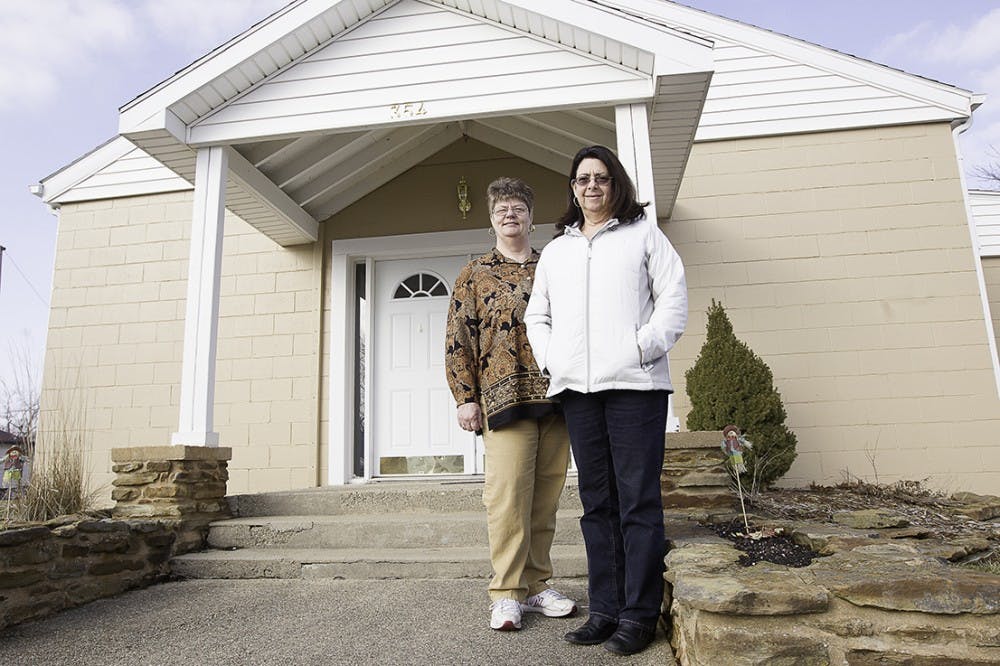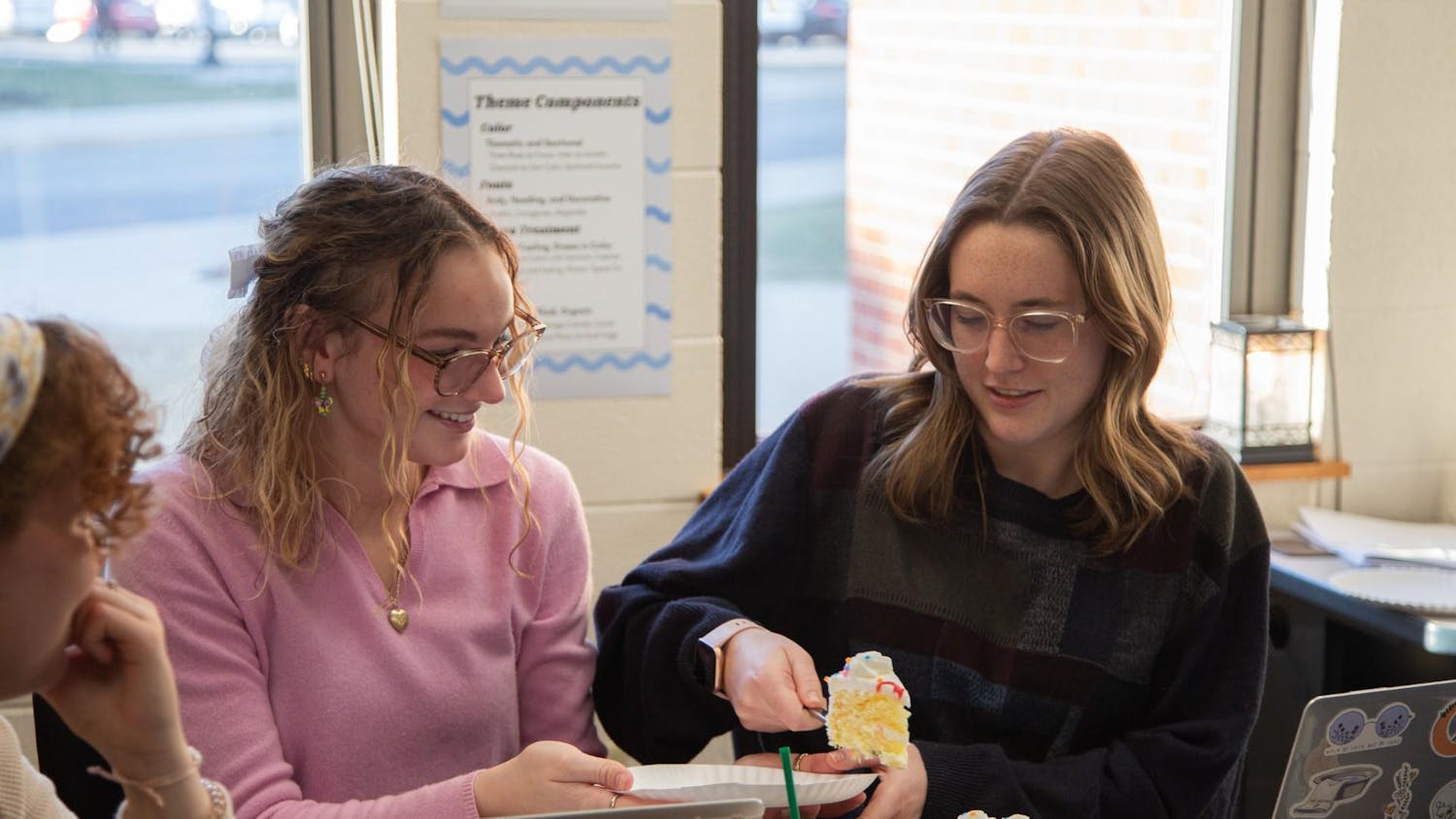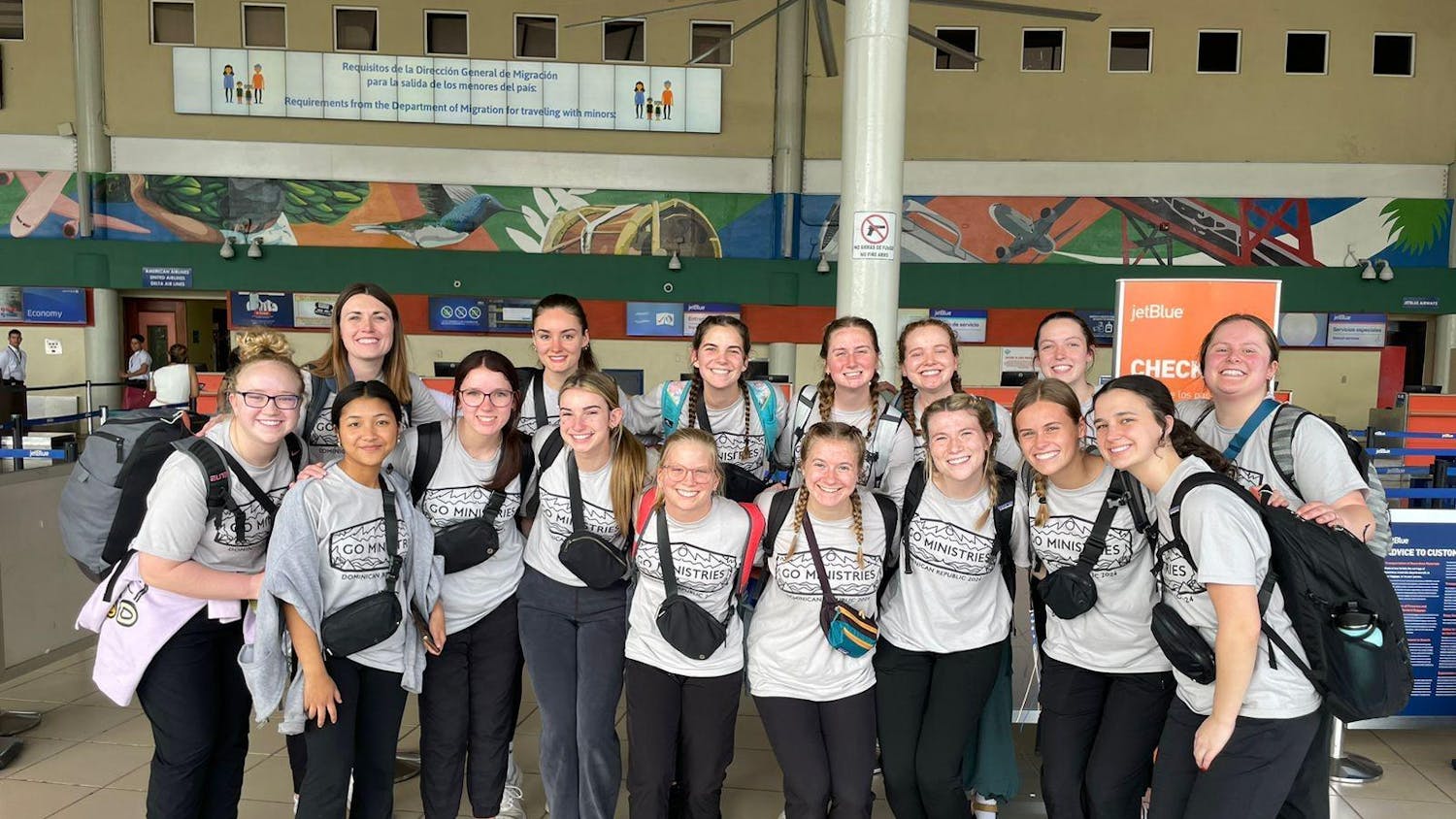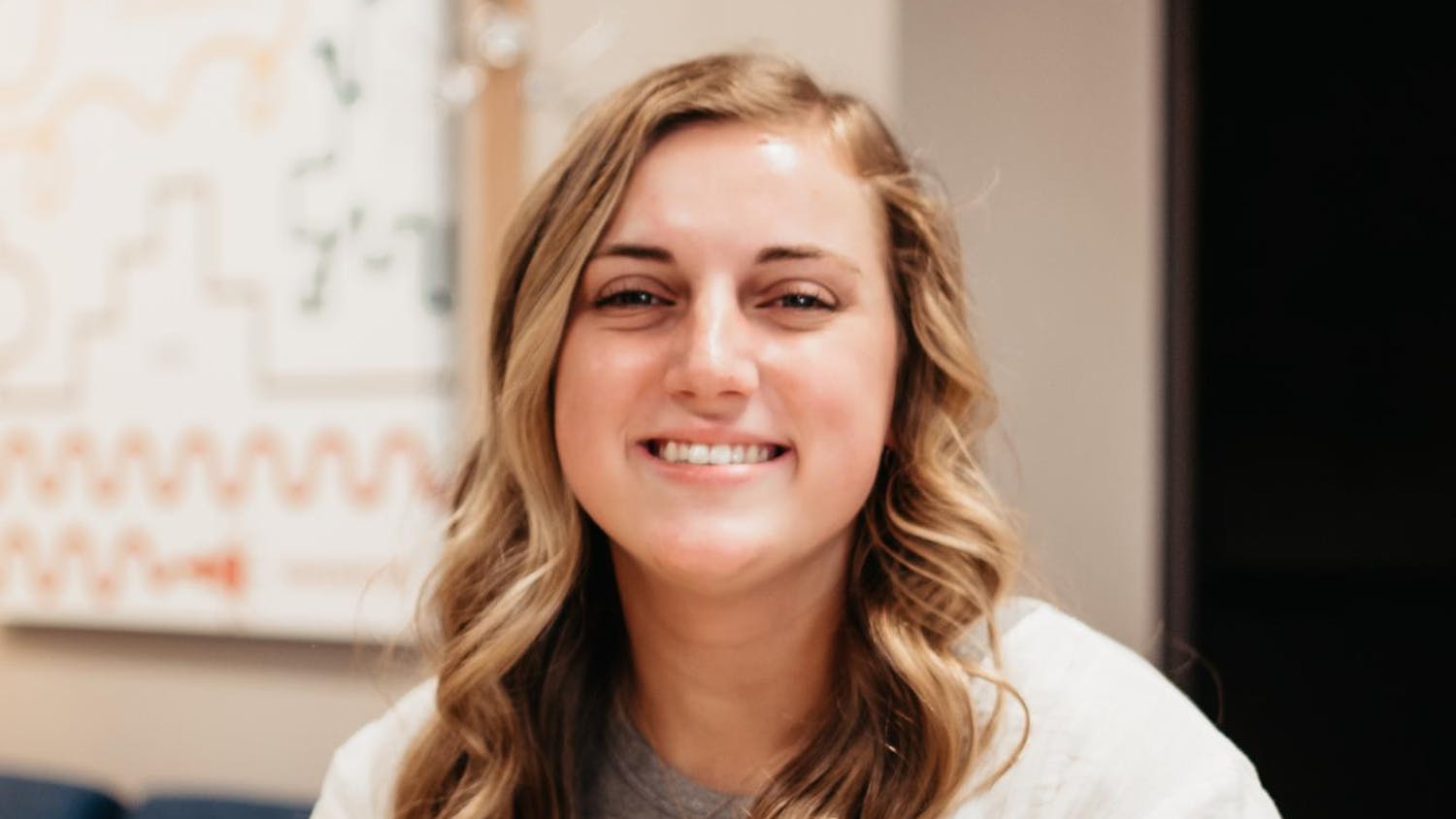By Meredith Sell
In the heart of Upland, surrounded by houses, trees and sky, a former church building with double front doors sits quietly. From the outside, it seems like nothing special, but as soon as you walk in, this facade falls away and you realize the place you've entered is more than what it seems. It's a home.
Brainchild of Helen Elliott and co-operated by Carol Diskey, Serenity House opened in August 2011 as a place for young women to stay rent-free. Initially intended for women aging out of the foster care system, Serenity has since evolved into a home for women 18 and older with rough home lives - or no home at all - and provides much more than a roof over their heads. "My whole goal in the building was not to make this a facility, like the women's shelter, which is real structured," Elliott said, sitting at Serenity's dining room table Monday afternoon. "(Here) they have curfew, they have rules, you know, but I want it to be a home to them. I want it to be their home."
A look around Serenity's interior reveals this homestyle effort: the walls are relaxed tones of blue and green. Everything matches chocolate brown. In the hallway off the living and dining rooms, a tree is painted on the wall. Framed pictures of women who've stayed there hang over its branches.
Elliott can name each woman, and has stories to go with all of them. Her heart for them is obvious in her words - soft, serious, careful - but this is not because caring for them was easy.
"Changing with each girl and trying to adapt to their needs and to whatever is going on in their life." This has been a constant challenge.
Diskey agrees. "We have to adapt to them, because . . . they're all different." Beyond keeping the house in order and making sure laundry detergent and toilet paper are stocked, Elliott and Diskey teach the women life skills, like cooking and budgeting. "We want to teach them the things that they've missed," Elliott said. "The things that will help them become independent in a healthy way, and leave here - it's a transitional home." All the women on the tree have left, except two, Emily and Taylor, who've been at Serenity for a year and are steadily growing toward independence.
"We figured a couple years," Elliott said. "We're not kicking them out in two years, but we figured they'll be stable, feel confident that they can go, 'Okay, I can have my own apartment. I know how to budget.'"
Not every homeless woman is allowed into Serenity. Those with mental issues and those who aren't willing to follow the house rules are directed elsewhere. In the past year and a half, Elliott and Diskey have been shocked by the number of homeless young women who've contacted them.
"I didn't realize there were that many girls out there," Diskey said. "Trying to make this more a home . . . makes it more specific to the type of girls that can come here," Elliott said.
When a young woman moves into Serenity House, she agrees to a number of things: to attend church every Sunday - either her own or Lighthouse Assembly in Marion - and to either pursue her education or get a full-time job.
"They're not just here to live here and do nothing," Elliott said. Elliott and Diskey help the women think through what they'd like to do with their futures. "Some girls aren't college material," Diskey said, "but we want to help them establish what they can do."
Serenity means to be calm and tranquil. It means you don't feel vulnerable or threatened. Pursuing their futures forces the women at Serenity House out of their comfort zones. For Emily, Elliott's niece and one of Serenity's current residents, this was especially challenging. "Emily has had a lot of fear and it consumed her life," Elliott said.
Losses in Emily's family - her grandfather, great-uncle, favorite dog - piled on top of her adoptive dad divorcing her mother and a move away from everything familiar stripped Emily of the security she had.
"She wouldn't even go in the store by herself," Diskey said. At Serenity, she was welcomed into the new normal of a nurturing environment and people she could rely on - and was challenged to step into the unknown and pursue her education. "We made her put an application in," Elliott said. "She did not want to do that. She was adopted and her real dad - she found out - was at the school. I said, 'Why are you afraid of him? He's not dangerous to you.' She didn't know why. But it has consumed her life. That's the way fears does. Fear will encapsulate you and it controls every move you make. Helping her get through that has been a big goal and a challenge."
Emily pushed past her fear, and since then, has gotten her driver's license and has held two full-time jobs. She is a Serenity House success story. One of many, Elliott and Diskey hope, as they seek to prepare women for independence while providing a home of peace, comfort and love.
From the outside, the former church building looks like nothing special, but on entry, you realize you underestimated it. This place is more than a roof over heads. It's a home. Serenity House.





